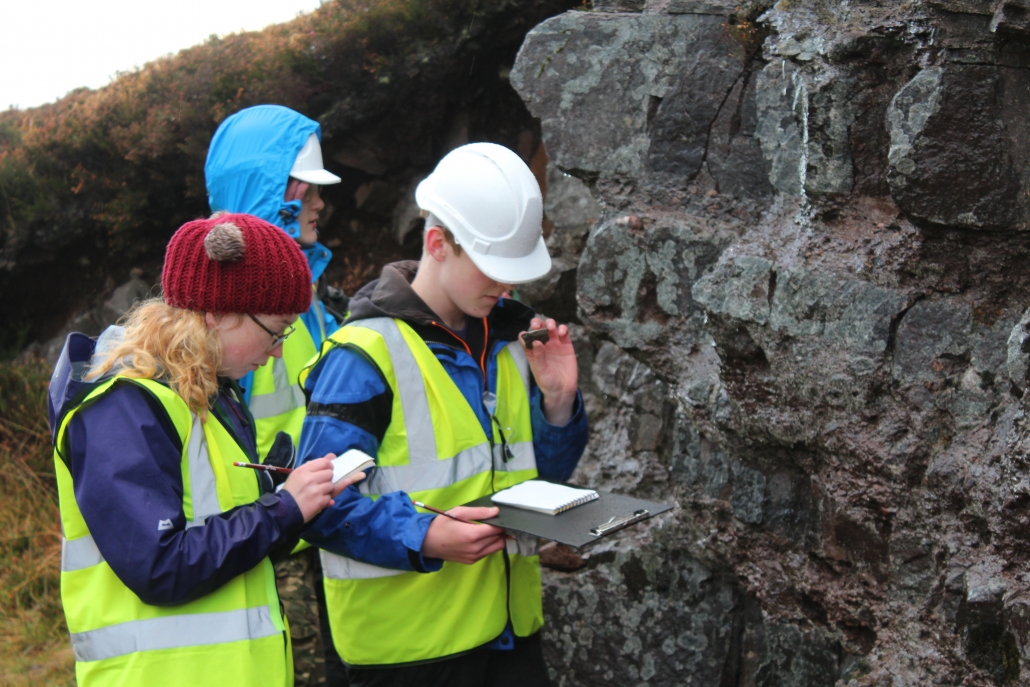
The Bachelor of Science in Geology program is designed to provide students with a comprehensive understanding of the Earth's structure, processes, and history. The curriculum encompasses a range of subjects, beginning with foundational courses in mathematics, physics, and chemistry to establish a solid scientific background. Core courses in geology cover topics such as mineralogy, petrology, structural geology, and sedimentology, offering students a thorough exploration of the Earth's materials and their formations. A significant aspect of the program involves practical application, with hands-on fieldwork, laboratory work, and geological mapping allowing students to apply theoretical knowledge to real-world situations. Specialized studies may include advanced topics such as environmental geology, hydrogeology, or geophysics, enabling students to tailor their education to specific areas of interest within the field. The program emphasizes the interdisciplinary nature of geology, encouraging students to explore connections with related fields such as environmental science, geography, and engineering. Ethical considerations, sustainable practices, and the societal implications of geological processes are integrated into the curriculum to prepare students for responsible and informed decision-making. Internship opportunities, field trips, and collaborations with geological survey organizations or industry partners are often integral components of the program, providing students with practical experiences and exposure to real-world geological challenges. Upon completion of the B.Sc. Geology program, graduates are well-prepared for careers in environmental consulting, natural resource exploration, geological research, and various roles within the energy and mining industries. The program not only imparts geological knowledge but also fosters critical thinking, problem-solving skills, and a deep appreciation for the Earth's dynamic processes.